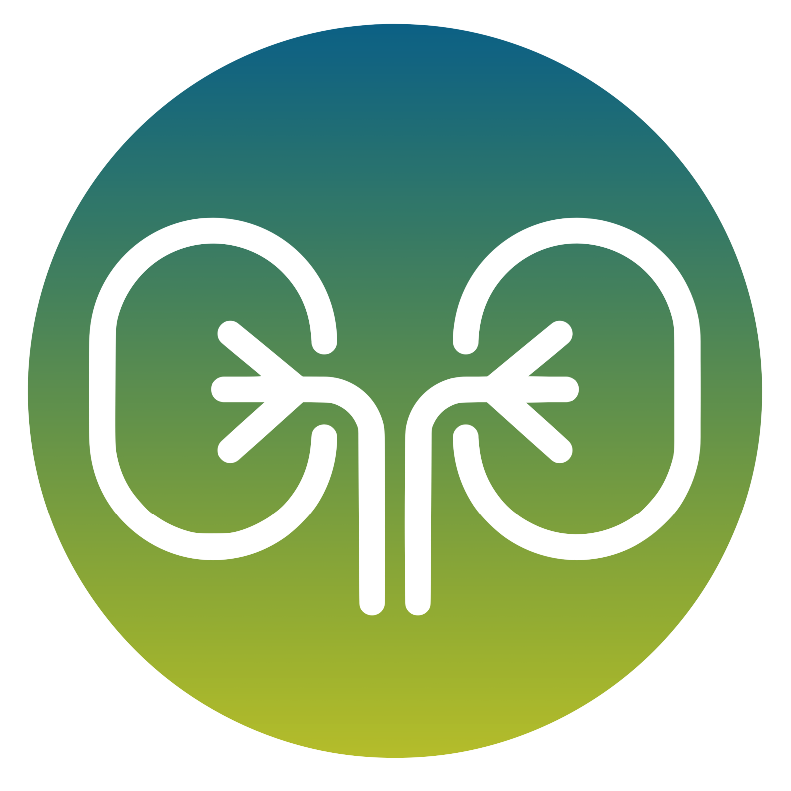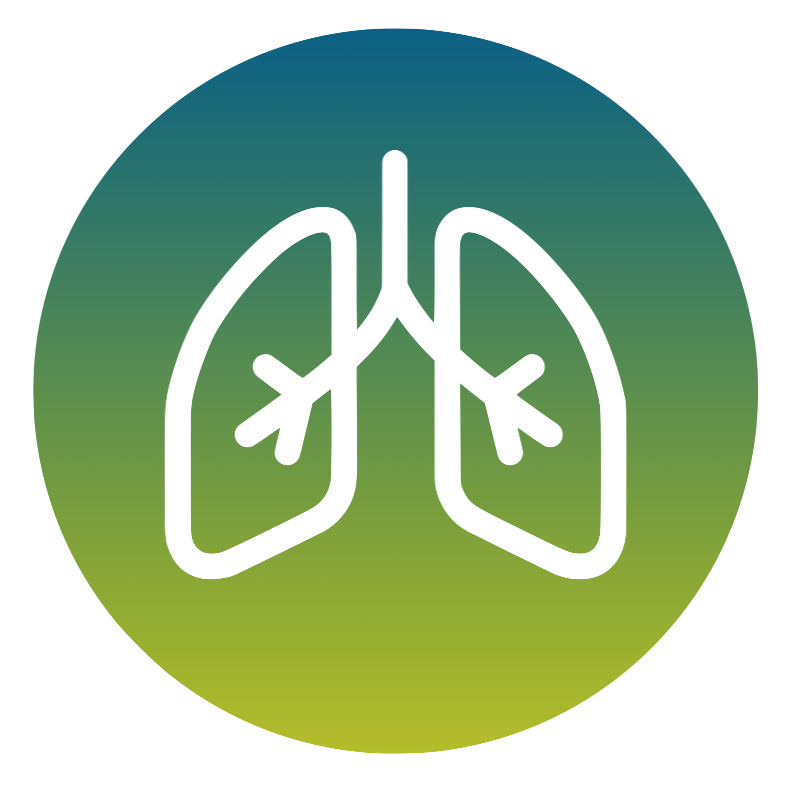Lysosomal disorders Code R-135
- Description
- Number Genes
- Prevalence
- Indications and clinical utility
- Test performed and limitations
- Other Specialities
Lysosomal disorders are a group of genetic disorders characterised by abnormalities in the functioning of lysosomes, which are cellular organelles responsible for the degradation of molecules and cellular materials. These conditions generally result from genetic defects that affect lysosomal enzymes, causing a build-up of undegraded substances within cells.
95 genes
Depends on the type of disorder
Multigenic panel for the diagnosis of lysosomal diseases. Includes: mucopolysaccharidosis, mucolipidosis, oligosaccharidosis, lipidosis, sphingolipidosis, lysosomal glycogen accumulation, lysosomal transport disorders.
Method: NGS sequencing, determination of SNVs (Single Nucleotide Variants), small insertions and deletions and CNVs (Copy Number Variants).
Limits: The test is unable to determine the presence of underrepresented somatic events, balanced chromosomal rearrangements, nucleotide expansion events of repeat regions, CNVs <3 contiguous exons. <3 esoni contigui.
Some genes may have low coverage areas, where necessary or upon specific request, within the limits of methodological limitations, sequencing can be completed with alternative methods (Sanger).
Some genes may be duplicated in the genome (pseudogenes), which may invalidate the analysis.














